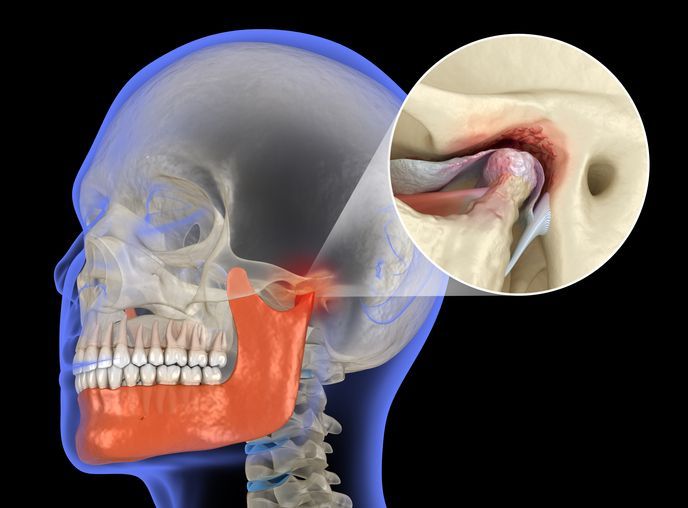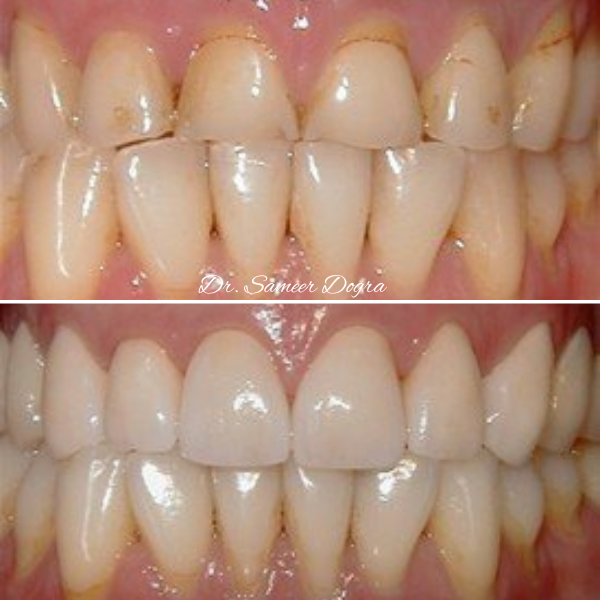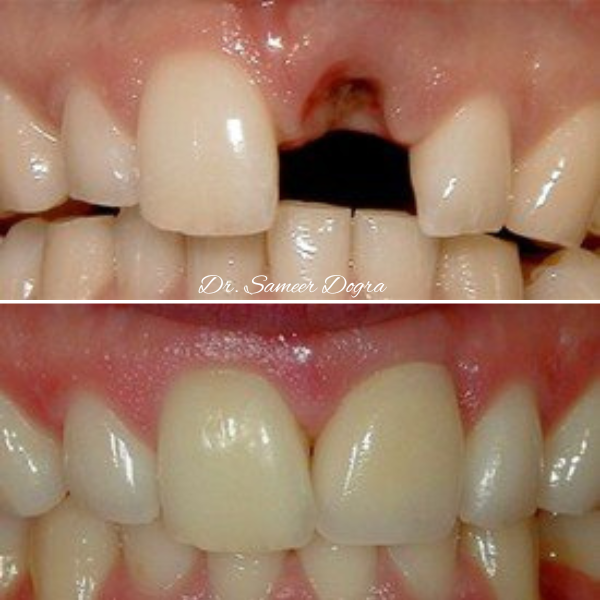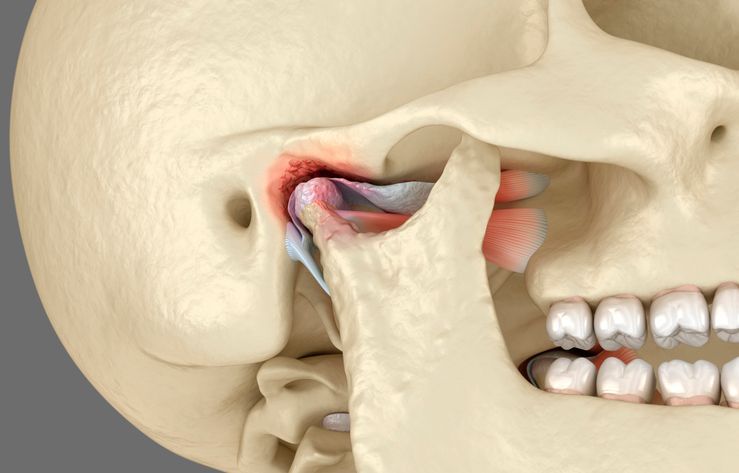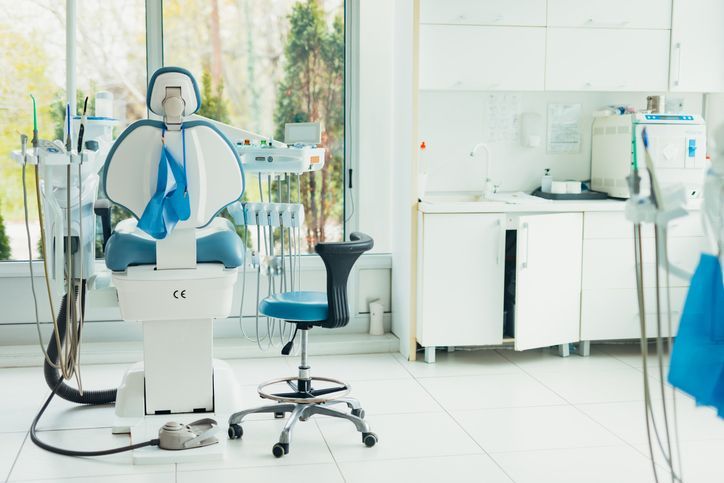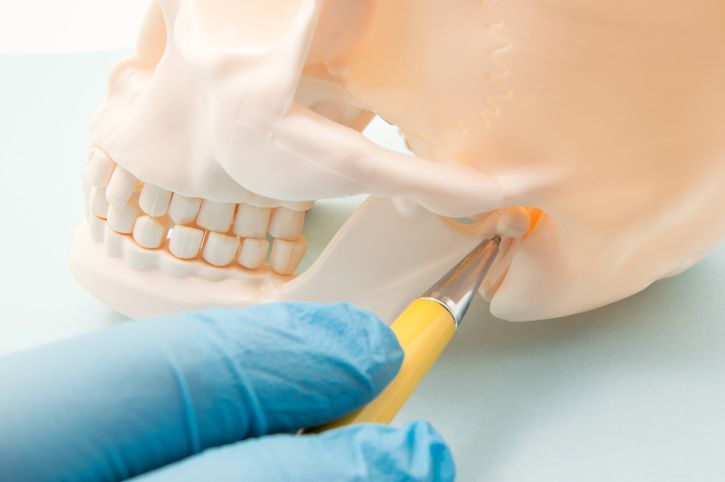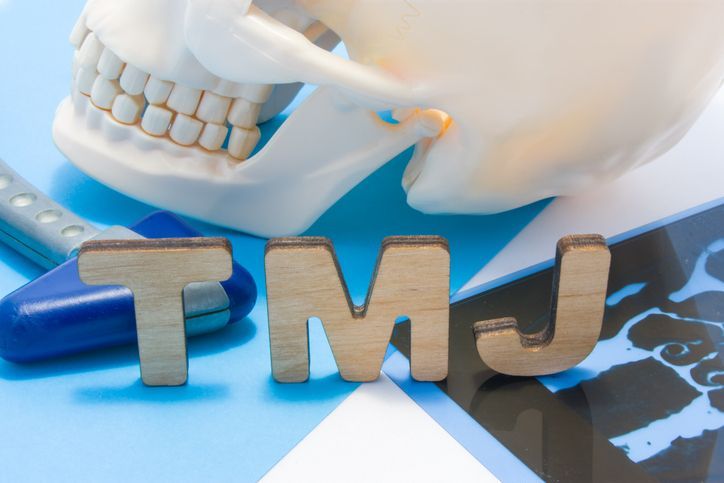TMJ refers to the temporomandibular joint, which is located on both sides of your head, just in front of your ears. This joint allows the jaw to move smoothly up and down and side to side, facilitating essential functions like chewing, speaking, and swallowing. When there is dysfunction or inflammation in the TMJ, it can result in a variety of symptoms that affect daily life, often causing discomfort and difficulty with basic jaw movement.
A TMJ disorder (often referred to as TMD) occurs when the joint or muscles around it become damaged or misaligned. This can lead to pain, discomfort, and a reduced range of motion in the jaw.

